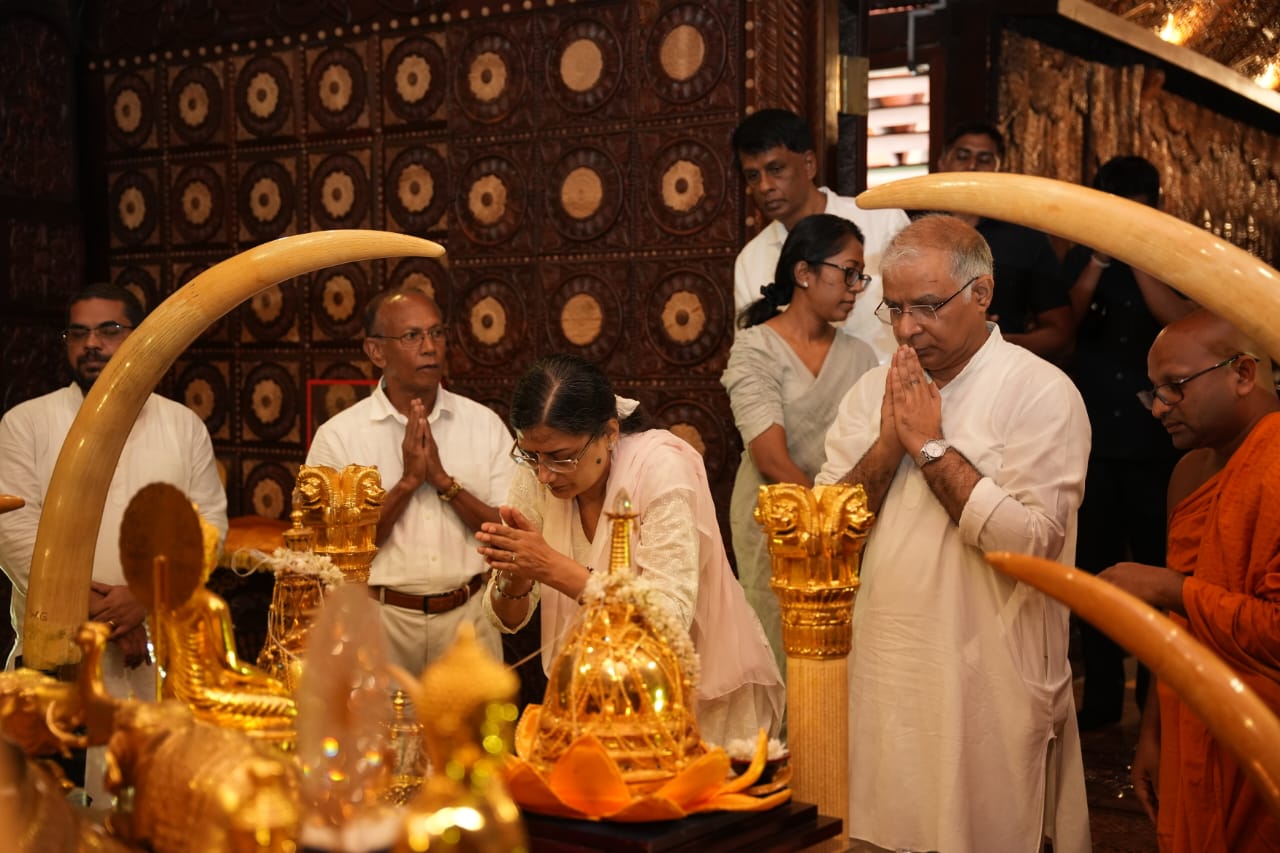
Brief on India – Sri Lanka Cultural Relations
Alternative Approach:
India and Sri Lanka share a deep-rooted cultural bond that spans over 2,500 years, encompassing historical, linguistic, religious, spiritual, and cultural ties. The Cultural Cooperation Agreement signed in 1977 serves as the foundation for regular Cultural Exchange Programs between the two nations.
People-to-people connections play a significant role in strengthening India-Sri Lanka relations. Buddhism serves as a strong bridge between the two countries, dating back to Emperor Ashoka’s dispatch of Arhat Mahinda and Theri Sangamitta to spread Buddhism in Sri Lanka. Notably, the revered relics of Lord Buddha from Kapilawasthu have been exhibited in both countries, drawing millions of devotees.
To further enhance Buddhist ties, Prime Minister Narendra Modi announced a USD 15 million grant for the protection and promotion of Buddhist connections. This grant supports various initiatives, including the construction and renovation of Buddhist monasteries, education for young monks, engagement of scholars and clergy, development of Buddhist heritage museums, cultural exchanges, archaeological cooperation, and the reciprocal exposition of Buddha’s relics.
Recognizing the significance of Kushinagar, the place of Lord Buddha’s Mahaparinibbana, the Indian government declared the Kushinagar Airport as an international airport. This designation allows Buddhist pilgrims from around the world, including Sri Lanka, to conveniently visit sacred Buddhist sites such as Lumbini, Kapilavastu, and Sravasti.
To foster stronger people-to-people ties, special pilgrimages to Bodh Gaya have been organized for Sri Lankan Armed Forces personnel and their families. Additionally, air connectivity between India and Sri Lanka has been improved with direct flights between Varanasi and Colombo.
During times of crisis, such as the COVID-19 pandemic, the people of Sri Lanka have expressed solidarity and support for India. Special prayers and ceremonies were held across Sri Lanka by people of various faiths, showcasing the strong bond between the two nations.
The Swami Vivekananda Cultural Centre (SVCC), the cultural arm of the High Commission of India in Colombo, plays a pivotal role in strengthening cultural ties. SVCC organizes a wide range of activities, including performances, exhibitions, seminars, workshops, lectures, and cultural festivals. It also offers classes in various Indian art forms and coordinates with Indian cultural organizations to provide scholarships to Sri Lankan students.
The India-Sri Lanka Foundation, established in 1998, facilitates scientific, technical, educational, and cultural cooperation between the two countries through civil society exchanges. It focuses on fostering contact between the younger generations of India and Sri Lanka.
Tourism is another vital aspect of the India-Sri Lanka relationship. The introduction of the e-Tourist Visa (eTV) scheme for Sri Lankan tourists by the Indian government, along with the inclusion of India in Sri Lanka’s free visa-on-arrival scheme, has facilitated travel between the two countries. Both nations have seen a significant number of tourists visiting each other, contributing to the growth of the tourism industry.
In summary, the cultural relations between India and Sri Lanka are deeply rooted and multifaceted, encompassing historical, religious, and linguistic ties. People-to-people connections, supported by initiatives such as exhibitions of Buddhist relics and cultural exchange programs, play a vital role in strengthening these relations. The Swami Vivekananda Cultural Centre and the India-Sri Lanka Foundation further promote cultural cooperation and educational exchanges. Additionally, tourism serves as a significant link, facilitating travel and fostering greater understanding between the two nations.



